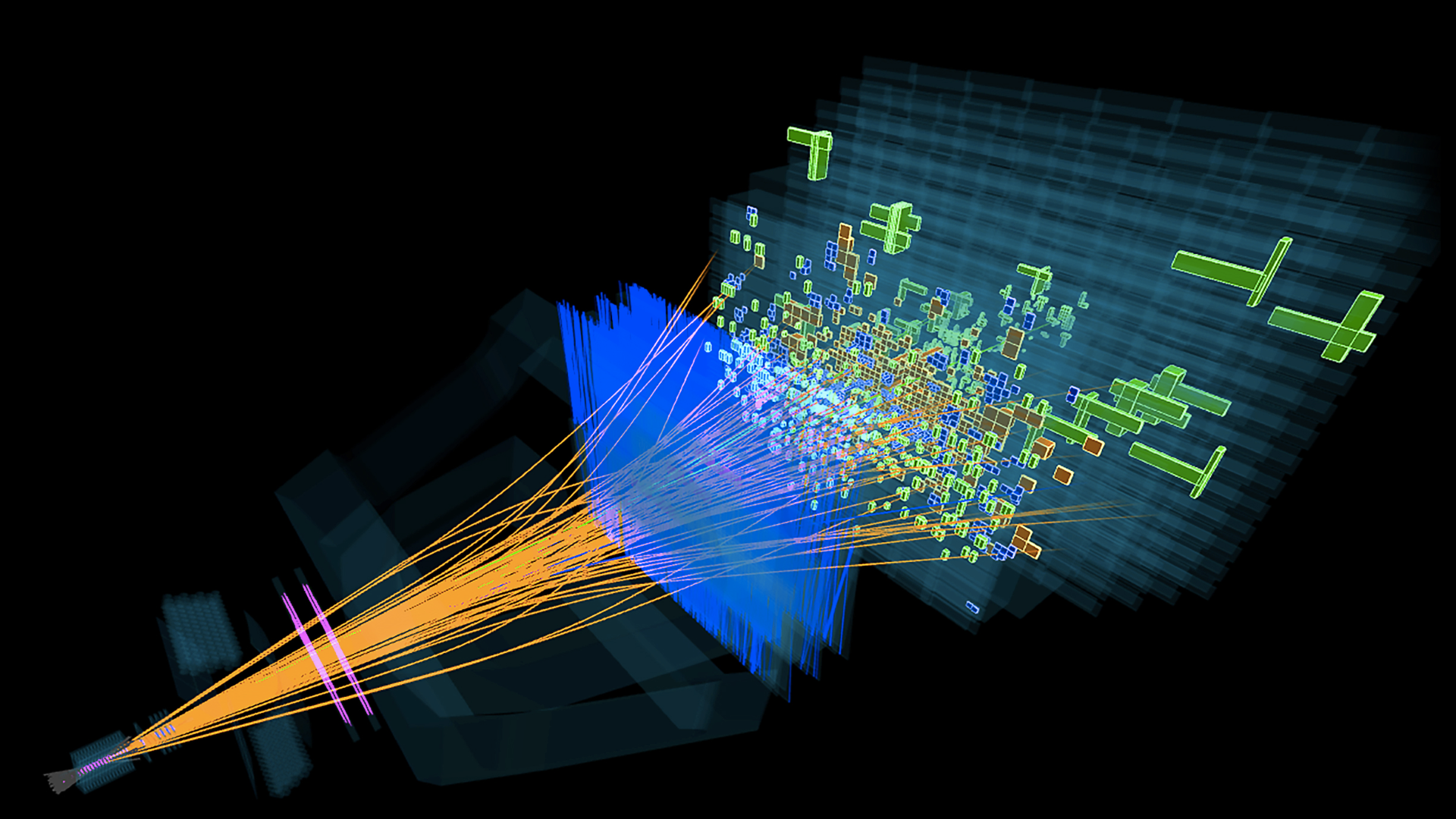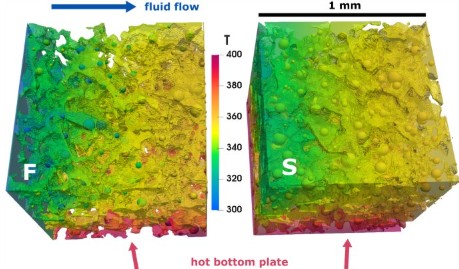
Profile
Chenfeng Li FLSW, Professor of Civil Engineering, is internationally recognized for his pioneering research in engineering computation, data analytics, uncertainty quantification, and risk assessment. He has developed innovated computational solutions to tackle technical challenges across diverse engineering domains, including civil infrastructure, materials science, manufacturing, and energy sectors. His profound expertise is highly sought after by leading organizations in infrastructure and construction, such as ARUP, Costain, Bauer, Soletanche Bachy, among others. The impact of his research is evidenced by significant contributions to industrial guides and large-scale industrial applications. Within Swansea University, he serves as the Co-director for the Zienkiewicz Institute for Modelling, Data and AI. Additionally, he serves as a Non-executive Director for the trade organization Temporary Works Forum and the Editor-in-Chief of Engineering Computations.
Area of Experties
- Computational Engineering and Data Analytics
- Uncertainty Quantification, Reliability and Risk Assessment
- Civil, Construction and Geotechnical Engineering
- Concrete, Composite, Heterogeneous and Porous Materials
Projects
-

Digital Twinning for Temporary Works Enabling Safe and Economic Project Implementation
Project Overview The construction industry currently relies on engineers, experience, prescribed codes and manual design processes to deliver buildings andinfrastructures. Due to the growing scale and complexity of construction projects, this existing system has become inefficient and costly. In some cases, it has even compromised safety and quality. Digital technology has significantly improved other industries…
-

Cyber Physical modelling of Deep Pile Foundations
Project Overview This project aims to develop a cyber-physical model of deep pile foundations to enhance the construction process through real-time monitoring, simulation, and data-driven decision-making. By integrating computational fluid dynamics (CFD) with sensor-based data acquisition and concrete flow simulation using tools like OpenFOAM, the model will provide valuable insights into the behavior of tremie…
-

Image-based Digital Testing for Functional Construction Materials
Project Overview This project integrates physical modelling, data analysis, and microstructural characterisation into long-term product assessment tests. Traditional construction material assessments are costly and time-consuming, limiting industry innovation. By leveraging microstructural imaging, this research aims to simulate and eventually predict accurate material behaviour through structural analysis, enhancing the development of functional construction materials. Project Aims…
-

Smart digital representation and reconstruction in material science with AI and computer vision
Project Overview This project aims to integrate computer vision and artificial intelligence into materials science, utilizing deep learning and other AI methodologies to enable efficient and cost-effective digital characterization and reconstruction of heterogeneous materials. By advancing the application of emerging AI technologies, this research seeks to accelerate the development of materials informatics and enhance digital…
-

Explicit and Implicit Finite Element Techniques
Project Overview Explicit and Implicit Finite Element Techniques Applied to Mechanical and Coupled Geomechanical Problems October 2018-March 2022 In this work we determine the classes of problems within computational geomechanics where the staggered or fully implicit monolithic coupling schemes are most effective. These techniques can be applied in industries such as civil engineering and the energy-based sector, in particular the oil and gas industry.…
-

Numerical Modelling of Concrete Rheology in Deep Foundation Constructions
Project Overview Defects such as mattressing, inclusions, blockage and bleed caused by insufficient concrete flow or sub-par concrete quality within deep foundation constructions lead to costly delays that impact all project stakeholders. This research aims to use multiphase flow modelling to further our understanding of the mechanisms that impact concrete flow within deep foundations like…
Specialist Areas
Events
-

Registration open for event with Hartree Centre
“Extreme Scaling Computing and Emerging Computational Approaches in Science and Engineering” Find further programme details here Venue: Y Twyni, Room 105 (Bay Campus) Registration Deadline: Wed 18th September Register here The main purpose of the workshop is to scope future collaborations between Swansea and the Hartree Centre. Subjects covered include Artificial Intelligence, Automotive, Transport and Logistics, Computational Chemistry,…
